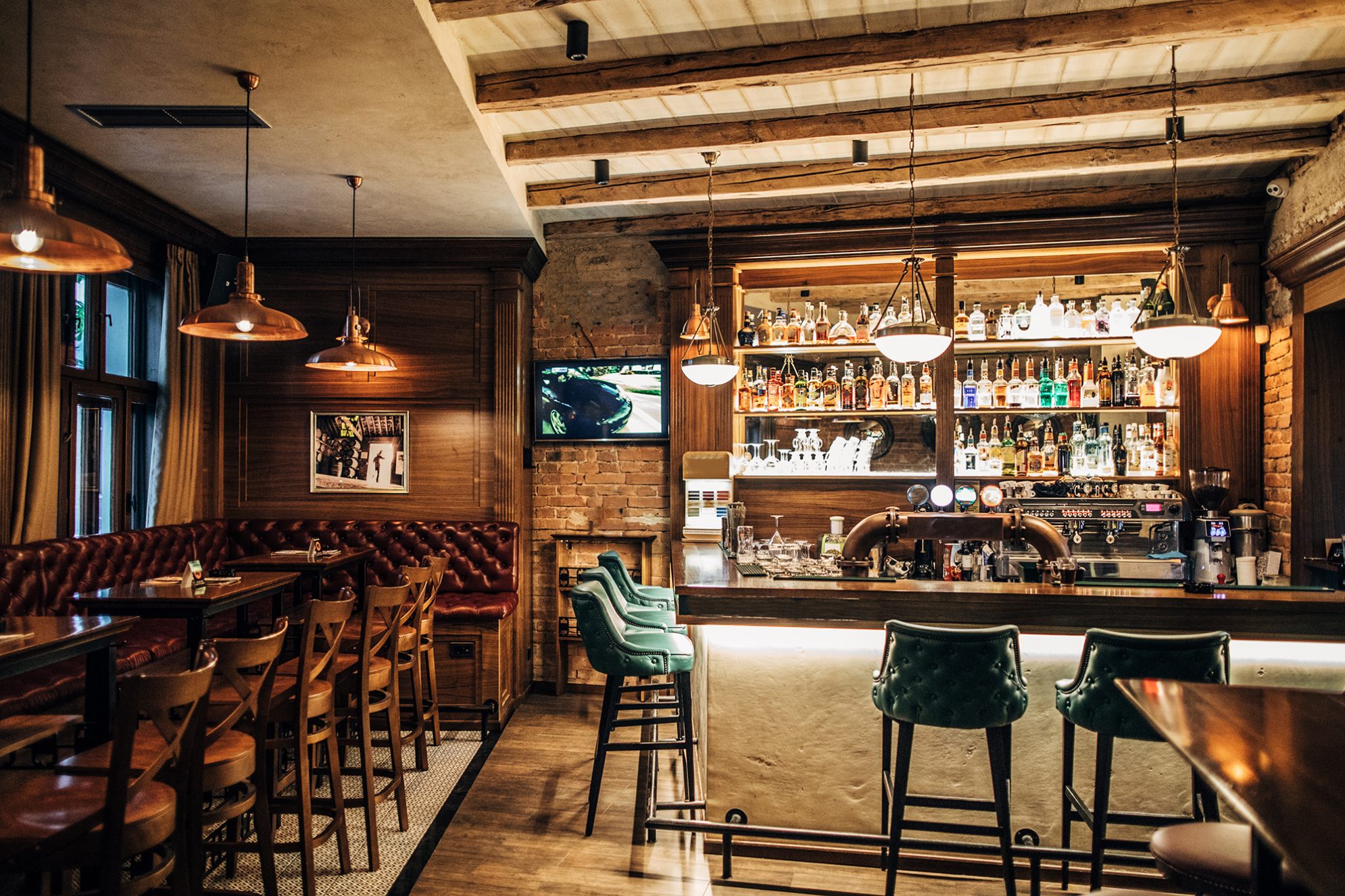
What the hospitality industry must do after the COVID-19 pandemic
As the hospitality industry in Britain begins to reopen its doors, safety will be paramount in the minds of most customers. Here, Jeff Nead, co-founder of our US partner agency, Glodow Nead, looks at how businesses in the sector can and should ‘pivot’ as they emerge from the COVID-19 lockdown.
As someone who has been in public relations for decades, I know how to pivot.
Up until the ’80s, our public relations agency rode the wave of San Francisco’s white-hot music scene. But when the music industry moved its epicenters to Los Angeles and New York, it was time to pivot. We expanded our client and industry base, shifting from a PR agency focused on local and national music and entertainment to one focused primarily on hospitality, food and beverage, and real estate.
When the economic downturn of 2008 hit, we pivoted once again, expanding our reach to Asia and bucking the devastation that hit so many other agencies. Our ability and willingness to be nimble during these times of crisis have enabled us not only to survive, but to expand to become a global lifestyle PR agency.
I say this because if ever there was a time to pivot, it’s now. And if ever there was an industry that needs to do so, it’s the hospitality industry.
Although we work in a diverse range of arenas, a significant percentage of our clients are based in the hospitality industry, which has been one of the most impacted sectors during the COVID-19 pandemic. In the United States alone, 70% of hotel employees have been laid off or furloughed, and eight in 10 hotel rooms across the nation remain empty, according to a recent report by Washington, D.C.-based America Hotel & Lodging Association. In San Francisco, an international culinary destination, 50% of restaurants are not expected to reopen, according to the Golden Gate Restaurant Association.
In the early stages of the pandemic, many businesses found innovative ways to stay afloat, from offering curbside and delivery services to hosting online wine-tastings to creating virtual vacations and tours. Other businesses used their resources to contribute to COVID-19 relief efforts in their communities, including providing meals for health care and other essential workers, and making hotel rooms available for COVID-19 symptomatic people awaiting testing.
These actions were necessary as the industry suddenly found itself dealing with a social-distancing mandate that was the very antithesis of what hospitality is all about. But when this pandemic is over, what will the new landscape look like for the hospitality industry?
Some of the changes will be a direct result of the pandemic, and others, though accelerated by COVID-19, were already in motion. To be clear, these changes are not necessarily all bad. In fact, it’s possible that the best days for the travel and leisure industries are ahead of us — just not in the way we envisioned before the pandemic. We already can see some of these changes taking place now.
Proactive businesses are staying connected with customers even as their doors remain shut. Social media during social distancing has been crucial, as more people than ever before have turned to social-media platforms to stay informed. Posting regularly has been key to keeping brands relevant: food and drink recipes from executive chefs and mixologists; online cooking lessons; previews of experience packages set to launch once resorts reopen; new safety precautions; services that are still being offered; or even a simple “We miss you. Can’t wait to welcome you back.” Business owners who use social media skillfully can expect customers to come back because those customers didn’t lose their connection to the brand.
This type of community engagement will continue once the mandate is lifted because businesses that didn’t realize it before the pandemic realize it now: Social media is a powerful tool, and especially so in times of crisis. Customers can gauge how their favorite places will fare post-pandemic by how aggressive communications have been during the pandemic.
Once the shelter in place is lifted, there will be a transitional period during which customers will need to regain confidence and trust in the places where they eat, drink, stay and socialize. Businesses that anticipate this will maintain heightened sanitation protocols and make them visible and accessible to customers.
This is the whole new world everyone has been talking about, the one in which providing experiences means taking into account ample space for guests, providing more spa and wellness treatments focused on soothing anxiety, placing hand sanitizers at registers. This isn’t just for appearances. Authenticity is going to go a long way. Customers will support a business that shows it genuinely cares about their needs and has taken extra measures to ensure their safety and comfort. Customer reviews will focus a lot more on how clean the space was and how safe they felt, as opposed to just how good the food was or how soft the sheets were. Public expectation will be based on a new and different set of standards.
This article first appeared in the San Francisco Chronicle.
Freshwater and Glodow Nead have worked together on a number of projects, including to promote the 2010 Ryder Cup, which was held in Wales. Glodow Nead has offices in San Francisco, New York, Singapore and Shanghai.
